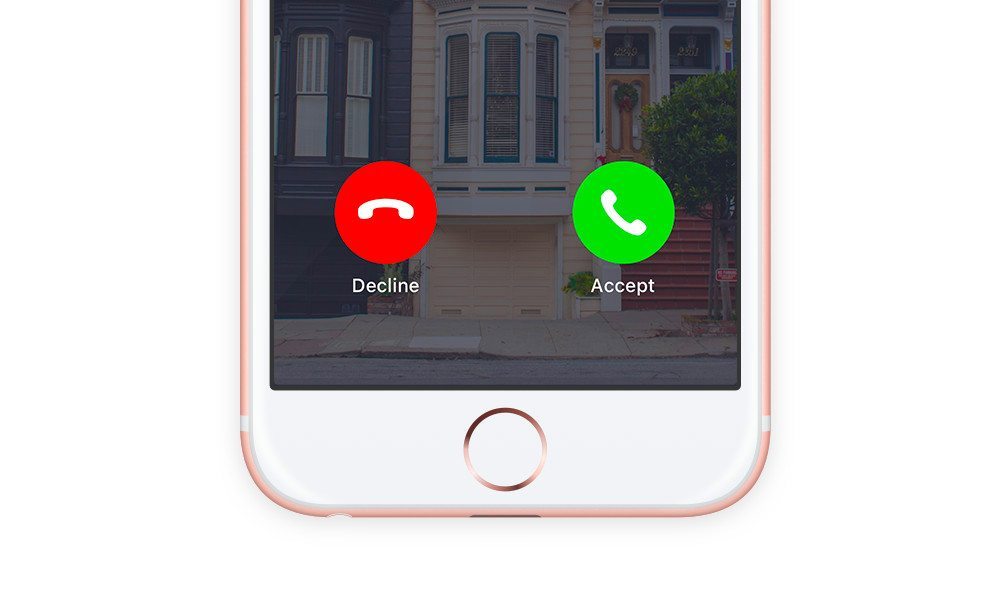Security Authorities Warn of New ‘Can You Hear Me’ Phone Scam

Toggle Dark Mode
Security Update: If you get a suspicious call and someone asks if you can hear them, don’t answer. Just hang up.
If you’ve received one of these mysterious calls recently, you might be a potential victim of a new scam. Local authorities in areas across the U.S. are alerting citizens about the scheme, and have been since late last year, according to CBS News.
The con works when a scammer calls an unwitting recipient, and then proceeds to ask if they can hear them clearly. Answering “yes” allows the fraudsters to record that response, and use it to sign you up for products and services or authorize unwanted charges, according to a report by the Better Business Bureau. And it’s not limited to that specific question, either. Be wary of any question from a suspicious caller that requires a simple “yes” response.
Even if scammers don’t have access to your credit card information, they can possibly authorize charges with just your phone number and a recorded “yes” response. In other cases, scammers might demand payment for something that you didn’t sign up for, and threaten legal action because they have your “yes” response as confirmation, CBS reported.
To protect yourself from this scam, police are recommending several steps: don’t answer calls from unrecognized numbers, refrain from giving out personal information, don’t confirm your phone number, and don’t answer questions over the phone, according to WTKR.
Additionally, the BBB recommends that users write down the phone number of scam callers, and file scam reports via its Scam Tracker, as well as the FTC’s Do Not Call list. An important thing to note: never trust any caller that says they are from a government or federal agency such as the DMV, Social Security, IRS, or court system. These government agencies never communicate by outgoing phone calls, so you can be sure that it’s a fraud.
If you suspect that you’ve been a victim of this scam, it’s important to check your credit card, phone bill, and other statements for fraudulent charges. Dispute any charges that you didn’t authorize. The FTC and the FCC can both help in disputing these unauthorized charges if the situation gets sticky.
The simplest solution? Just let calls from unfamiliar numbers go to voicemail. People who have an actual reason to get in contact with you will likely leave a message; scammers won’t.
Phone Security Tips:
- If the caller suggests they’re from Social Security, the IRS, the Department of Motor Vehicles or the court system — hang up immediately because government officials communicate by mail, not phone.
- Do not answer “Yes” unless you know it’s safe to do so.
- Do not confirm your phone number unless you’re positive it’s safe to do so.
- Do not answer calls from numbers you do not recognize.
- Do not give out personal information over the phone.
- Do not answer a stranger’s questions over the phone.
Featured Image: Apple
Also Read on Security: 8 Important iOS Security Settings Every iPhone or iPad Owner Should Know






